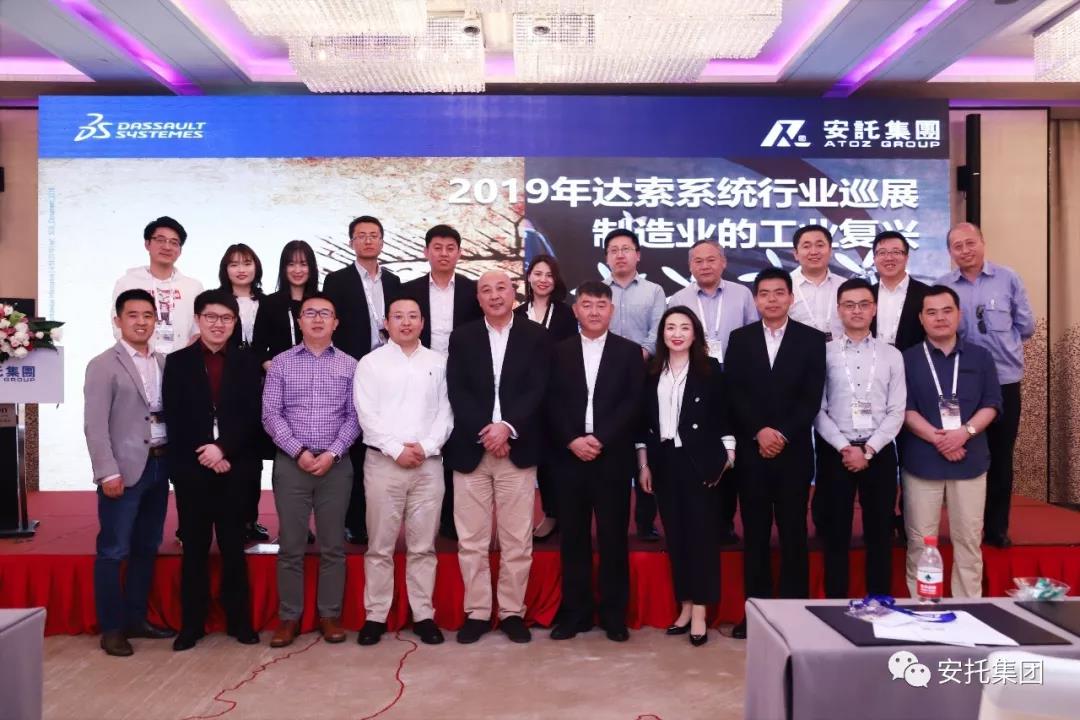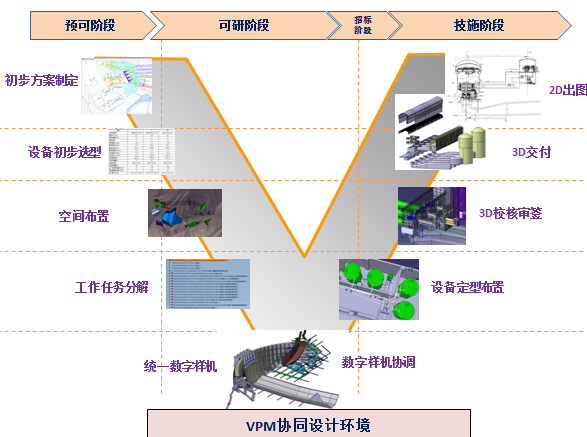Scan and pay attention to us
Dassault Platinum Partners
Dassault Certified Partners in Education
Case
Aerospace Ships and marine engineering Industrial equipment High-tech Energy Transportation Architecture400-900-7701
Online Customer Service Hotline
Dassault is the first C&SI Consulting & Systems Integrator consultant and system Integrator
Copyright 2018 Shanghai ATOZ Information Technology Ltd. 沪ICP备08114470号-1
The big data boom continues to climb, tapping the potential to release the bonus is the focus
China is a veritable "data power" and "network power", but it is a long way to go to the "data power" and "network power". At present, China is at a critical stage in the development of industrial economy and information economy. Big data is promoting a new blue ocean and spawning new economic growth points. However, how to use data to truly lead the technology flow, lead the flow of funds, lead the talent flow, achieve better network sharing, intensive integration, and efficient use, we need to work together to propose a Chinese plan.

The big data boom continues to climb, tapping the potential to release the bonus is the focus
In order to further develop the potential of data elements, fully release data dividends, and stimulate technology dividends, institutional dividends and innovation dividends, the 6th Big Data World Forum 2016 was held in Beijing. Shan Zhiguang, secretary-general of the National Information Center's Informatization Research Department and the National Office for the Promotion of Big Data Development, believes that the development of big data is an important manifestation of a strong data country and a national competitive advantage. The country's ability to own the scale, quality, and ability to apply data has, to a certain extent, become a very important part of national competitiveness.
Especially in the 21st century, China is a veritable “data power” and “network power”, but it is a long way to go to “data power” and “network power”.
Strengthening regulations and promoting open data sharing
Shan Zhiguang said that governments and public institutions at all levels in China have brought together vast amounts of data resources with large stocks, good quality, fast growth, and close ties with the public. Except for part of sharing personal use and information disclosure, most of them do not give full play to the role of data sources as “production factors, intangible assets and social wealth”. The reasons are mainly reflected in three aspects:
First, do not want to share openness. On the one hand, it is a matter of understanding. Some government departments and public institutions are not aware of the value of data sharing and openness. On the other hand, it is the issue of the distribution of benefits. Some government departments and public institutions regard the data they have mastered and acquired as part of their own interests and powers. They even regard private property as unwilling to share openness, resulting in even different institutions. It is difficult to achieve data sharing and openness between different departments of the organization. In addition, China's laws and regulations and system standards for data openness are relatively backward, and there is no rigid constraint on data sharing and openness. Data sharing and openness lacks a management system. There is a problem of unclear data sharing openness, unsound market, and insufficient motivation. .
Second, I dare not share openness. Mainly because there is still a lack of strict regulation and regulation of data sharing and openness in China. Relevant personnel worry that government data sharing will cause information security problems, worry about data leakage and loss of control, fear of data opening, and dare not take the data source they have mastered. Others share openness.
Third, it will not share openness. The openness of government data sharing is a highly specialized work. It requires hierarchical classification, combination of retraction and release, and scientific understanding. The sharing of government data and the lack of open sharing will lead to a series of problems such as data closure, value loss, and information silos. On the contrary, it should not be shared open and shared open, or should not be widely shared and wide-open sharing openness may bring greater losses and even endanger national security. At present, China has not yet introduced laws to make normative requirements for data sharing, which seriously restricts the development, application and value release of big data as a basic strategic resource.
For the openness of data sharing, many places still have a wait-and-see attitude, and there are problems in how systems, norms, and regulations can be matched and guaranteed as soon as possible. In addition, the development of big data also has the problem of how to truly enter the practice and carry out the landing operation in various places.
Recognize the concept, build the data center reasonably
The rapid rise of big data has triggered a boom in some local data centers. However, in many places, when it comes to the development of big data, it is considered to be a large computer room, and a large cloud computing center considers building a warehouse as an important task in developing big data. In reality, however, true big data is the release of big data dividends and value, releasing its application value to the economy, people's livelihood and management.
Shan Zhiguang believes that there have been structural contradictions in the construction of data centers. In summary, it is “three more and three less”: First, there are many small and low-capacity data centers, and there are fewer intensive and green data centers. Heavy infrastructure construction, heavy application, and ability to improve performance services; third, concentrated in the developed areas such as Beishangguang, combined with less climate, energy, geology and other conditions.
Faced with the problems faced by rapid development, Shan Zhiguang believes that the construction of the pilot area should mainly consider five aspects: First, what aspects of the big data test area mainly carry out experiments, and what institutional innovations and explorations. For localities, how to further innovate service models and improve policy systems and institutional mechanisms. The second is how to promote the application of big data with a large amount of coverage, so that it can really play its due effect. The third is how to strengthen the circulation of data elements in the test area to make it worthwhile. The fourth is how to strengthen the coordination of infrastructure. The fifth is how various data centers, cloud computing centers, local governments, and some large enterprises are laid out to achieve an orderly and scientific development path at the national level.
All in all, big data fever is bringing a number of data centers and cloud computing centers with unreasonable layout, high cost and incomplete optimization. Today's big data development should be based on history, avoiding the mistakes in construction and development. The overriding of governance.
Recommended news
-

Customerintroduction TheBridgeStructureResearchInstituteofChinaRailwayBaoqiaoGroupCo.,Ltd.isawholly-ownedsubsidiaryofChinaWorldRailCorporation,aFortune500company.Itisalargestate-ownedenterprisespecia
2019-04-24 07\:31 -

Withtheemergenceofthedirect-linkedmodeofbank-enterprise,enterpriseuserscandirectlycompletetheoperationsoftransfer,payment,etc.throughtheERPsystem.However,therearestillmanyshortcomingsinthecollectionma
2019-04-24 07\:22 -

First,theproductisthecoreoffuturedevelopment-thebackgroundofanairlinePSMproject Alongwiththegradualmaturityoftheaviationmarket,anairlinehasstrategicallytransformeditsuserneedswhileimprovingitsservice
2019-04-24 07\:21















